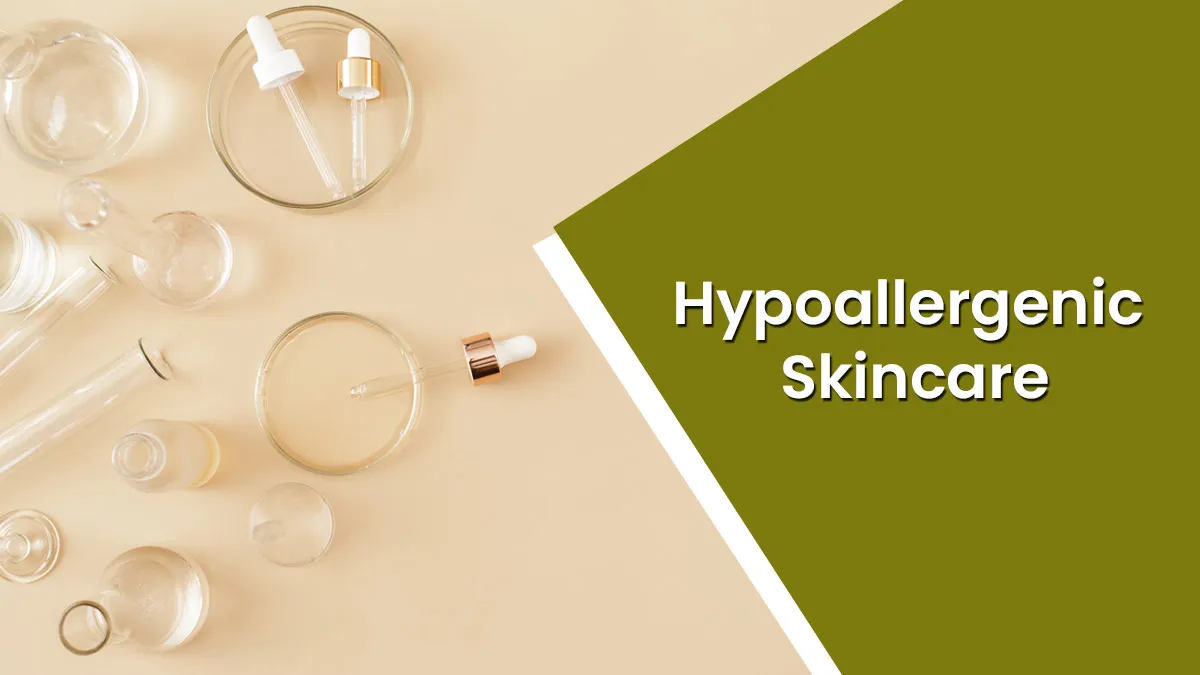
Do you have skin that stings, itches, or turns red at the slightest provocation? Sensitive skin is more prevalent than ever before, with an increasing number of people reacting to common skincare ingredients they used to be able to handle. This is where hypoallergenic skincare steps in, formulated to be gentler and less likely to trigger irritation. But what does 'hypoallergenic' mean, and how can you be sure you're choosing the right products?
Table of Content:-
To learn about hypoallergenic skincare, we reached out to Dr Atula Gupta, Dermatologist, Dermatosurgeon, Paediatric Dermatologist MBBS, MD-Dermatology, Venerology and Leprosy, Consult at Practo, Gurugram, who explained its benefits and how to build a routine that keeps your skin calm, happy, and healthy.
As described in a 2022 study, sensitive skin is characterised by signs, such as stinging and tingling upon exposure to stimuli that would otherwise not cause irritation. Evidence suggests that individuals with sensitive skin are more likely to develop skin allergies, though it is unclear what relation these two conditions share.
What Is Hypoallergenic Skincare?

Hypoallergenic refers to a product that is less likely to cause allergic reactions. "Although there is no standard definition for hypoallergenic skincare, such formulations normally exclude fragrances, sulphates, parabens and some preservatives. Additionally, these ingredients are non-irritating and have minimalist formulations designed to reduce the occurrence of hypersensitive reactions," explained Dr Gupta.
Benefits of Hypoallergenic Skincare
Here are some benefits of hypoallergenic skincare, as listed by the expert:
Gentle on skin
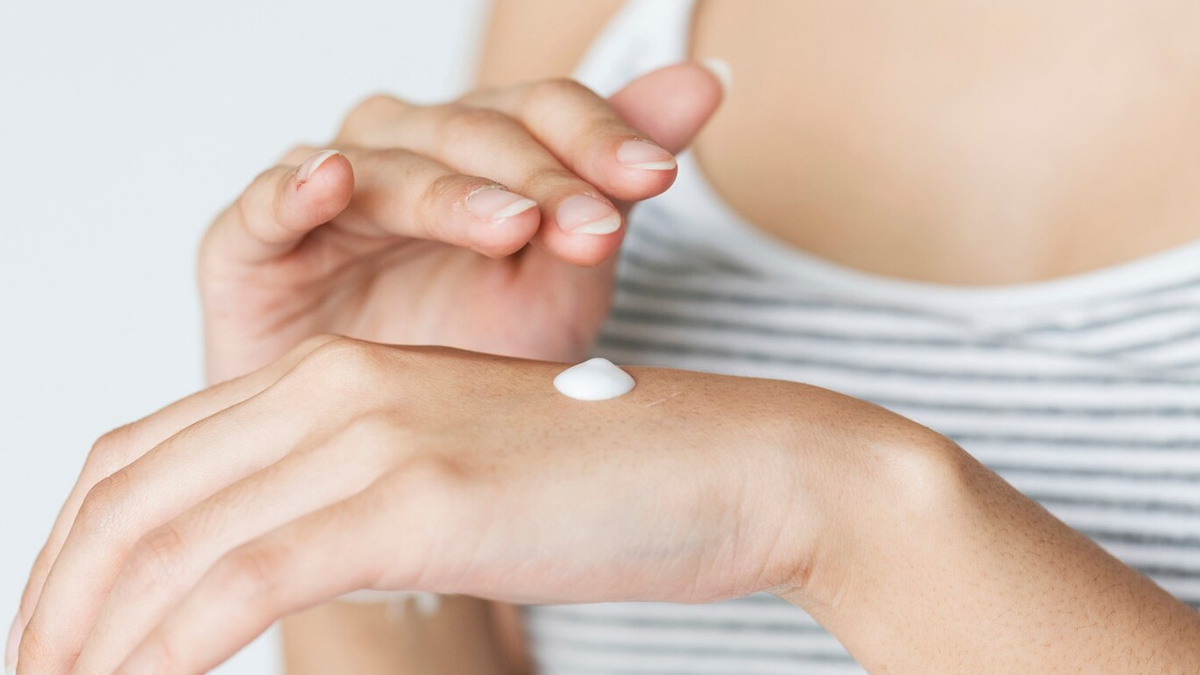
Hypoallergenic products are suitable for rosacea-prone, sensitive skin, eczema and post-laser skin conditions where gentle skin care is needed. These products aid skin healing by reducing inflammation and nourishing the skin barrier.
Lower sensitisation potential
Repeated exposure to allergens can lead to skin sensitisation over time. Hypoallergenic products help prevent new skin sensitivities by reducing exposure to potential allergens.
Also Read: A Dermatologist's Guide To Using Facial Oils For Dry Skin: Which Ingredients Are Most Effective?
Decreased incidence of allergic contact dermatitis
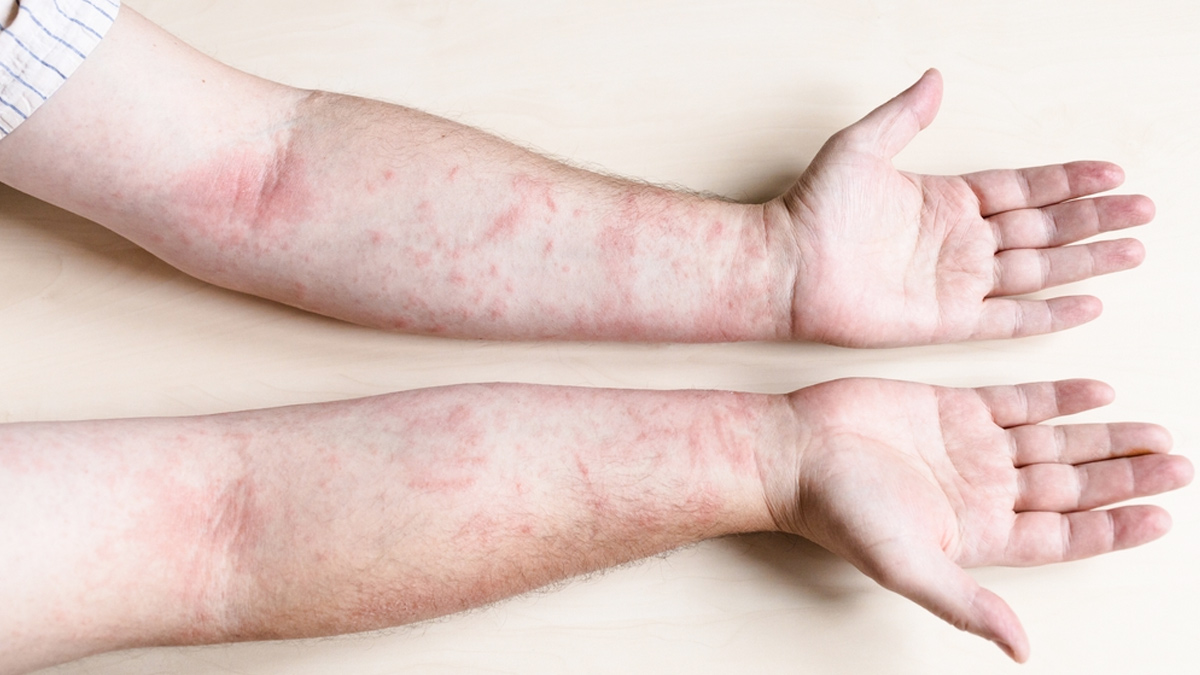
"The incidence of allergic contact dermatitis has decreased. According to the 2022 study, fragrances were the most common allergens, followed by skin-conditioning agents, surfactants, and preservatives. Hypoallergenic formulations can prevent itching, redness, and inflammation in individuals with sensitive skin by avoiding these irritants.
Increased tolerance for different skin types
"Hypoallergenic products are helpful even in those without known allergies. Individuals with acne-prone skin reacting to certain preservatives or synthetic compounds may do very well with these formulations," added Dr Gupta.
How to Practise Hypoallergenic Skincare
Opt for Minimalist Formulations
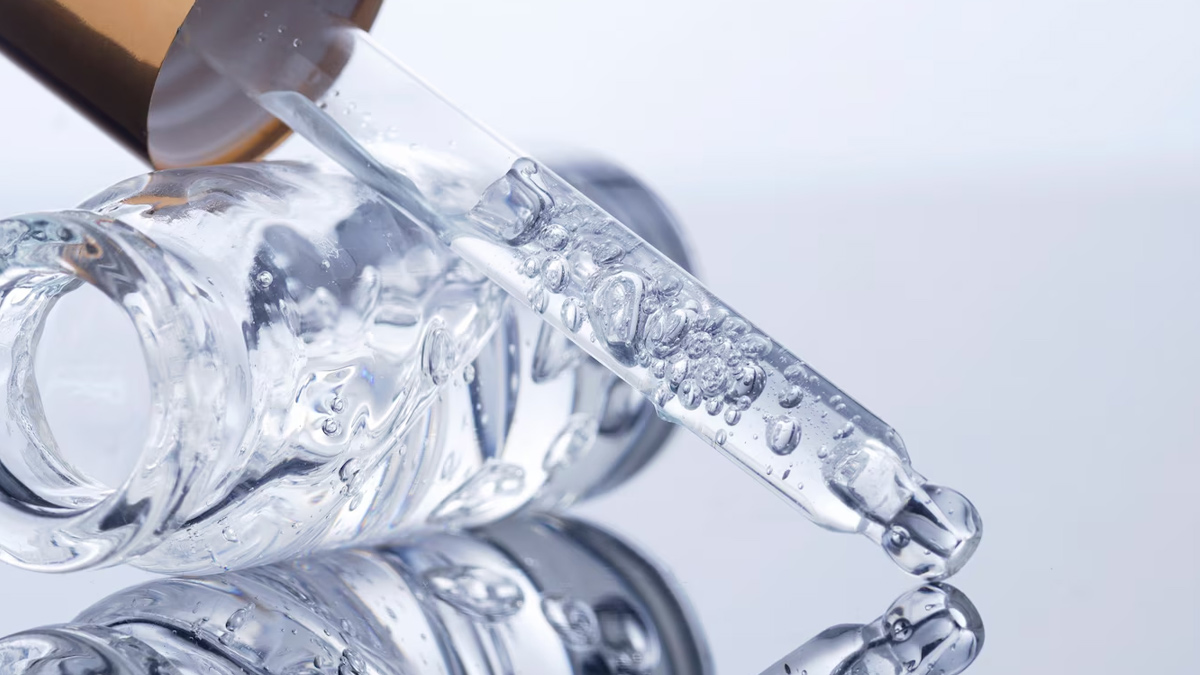
Choose well-tolerated simple compounds like ceramides, hyaluronic acid, and glycerin. Fewer ingredients reduce the risk of irritation.
Perform Patch Testing
If you are trying out a new product, apply it behind the ear and observe for 24-48 hours for any reactions.
Also Read: To Switch or Not: Expert Answers If You Should Stick with One Brand or Try Something New
Read ingredient labels cautiously
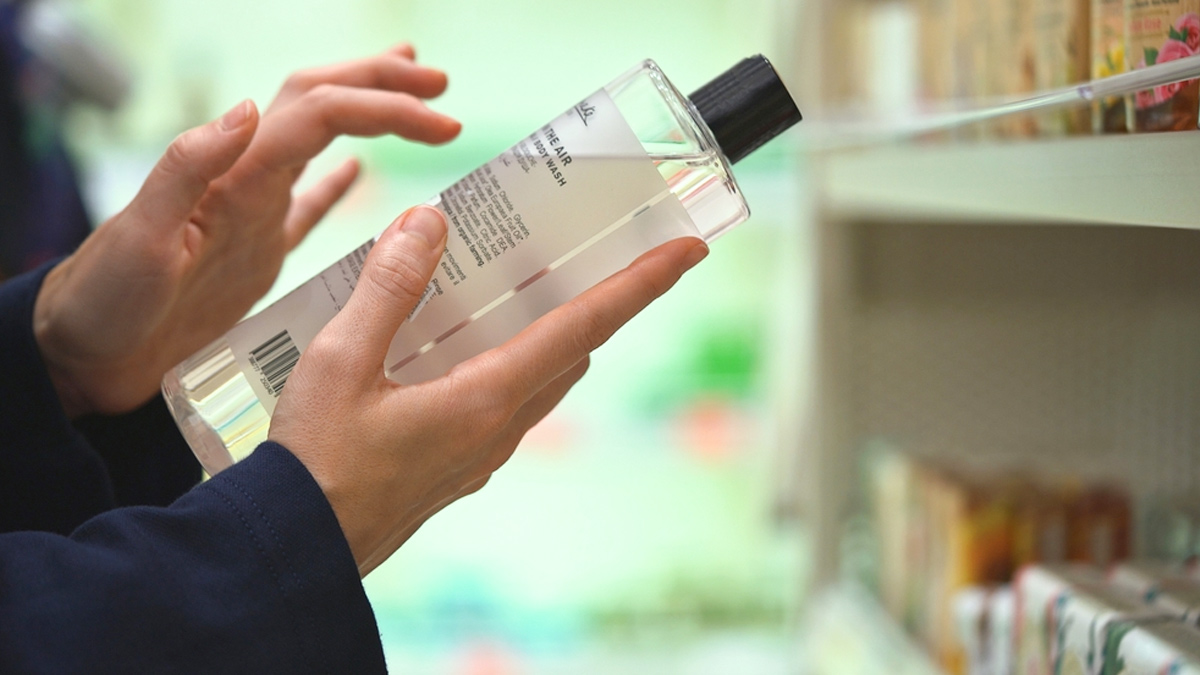
"You should avoid products with known allergens, such as formaldehyde-releasing preservatives, fragrances, essential oils and parabens. Look for labels mentioning fragrance-free, dermatologically tested rather than relying solely on hypoallergenic," advised Dr Gupta.
Choose dermatologist-recommended brands
Brands marketing sensitive skin tend to have products tested under dermatological control and allergen-free.
Avoid common irritants
Alcohol-based toners, complex botanical extracts and harsh exfoliants may still irritate sensitive skin.
Bottomline
Dr Gupta concluded, "Hypoallergenic skincare is a useful approach for individuals with reactive or allergy-prone skin. Since there is no completely allergen-free product, products with the lowest irritants should be used, dermatologist-endorsed products should be purchased, and patch tests must be done to decrease the chances of bad reactions. As skincare formulations evolve, more evidence-based approaches to hypoallergenic labelling and testing will help ensure greater safety and efficacy for consumers."
[Disclaimer: This article contains information provided by an expert and is for informational purposes only. Hence, we advise you to consult your professional if you are dealing with any health issue to avoid complications.]
Also watch this video
How we keep this article up to date:
We work with experts and keep a close eye on the latest in health and wellness. Whenever there is a new research or helpful information, we update our articles with accurate and useful advice.
Current Version